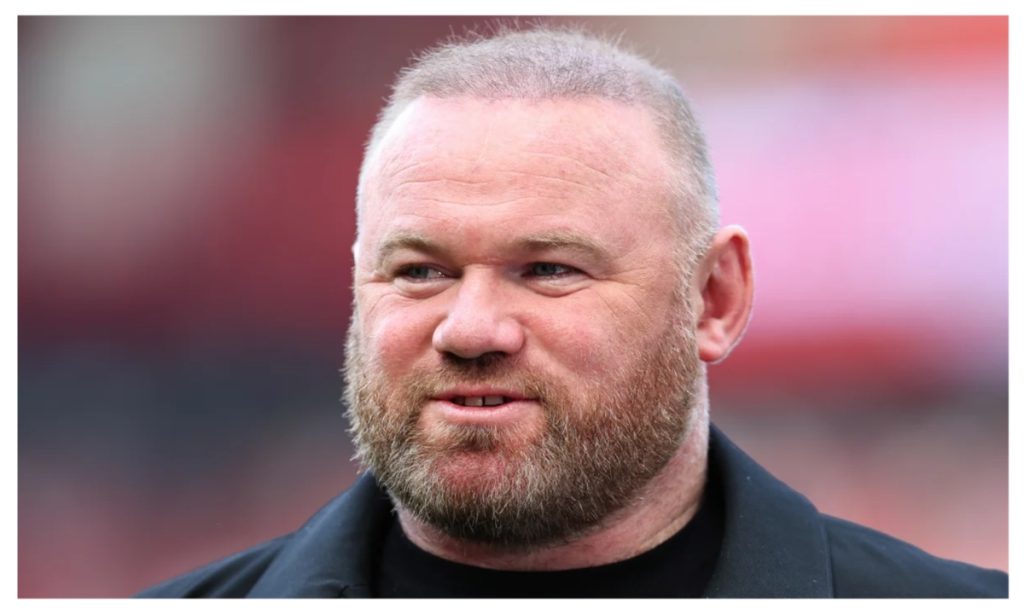Willie Mays, the electrifying “Say Hey Kid” whose unparalleled combination of talent, drive, and exuberance made him one of baseball’s greatest and most beloved players, has passed away at the age of 93. Mays’ family and the San Francisco Giants announced his death on Tuesday evening, stating that he died peacefully in the afternoon in the Bay Area.
“My father has passed away peacefully and among loved ones,” said his son, Michael Mays, in a statement released by the club. “I want to thank you all from the bottom of my broken heart for the unwavering love you have shown him over the years. You have been his life’s blood.”
Mays, who began his professional career in the Negro Leagues in 1948, was baseball’s oldest living Hall of Famer. He was inducted into the Hall of Fame in 1979, his first year of eligibility, and in 1999, he followed only Babe Ruth on The Sporting News’ list of the game’s greatest players. The Giants retired his iconic uniform number, 24, and named their stadium’s address Willie Mays Plaza in his honour.
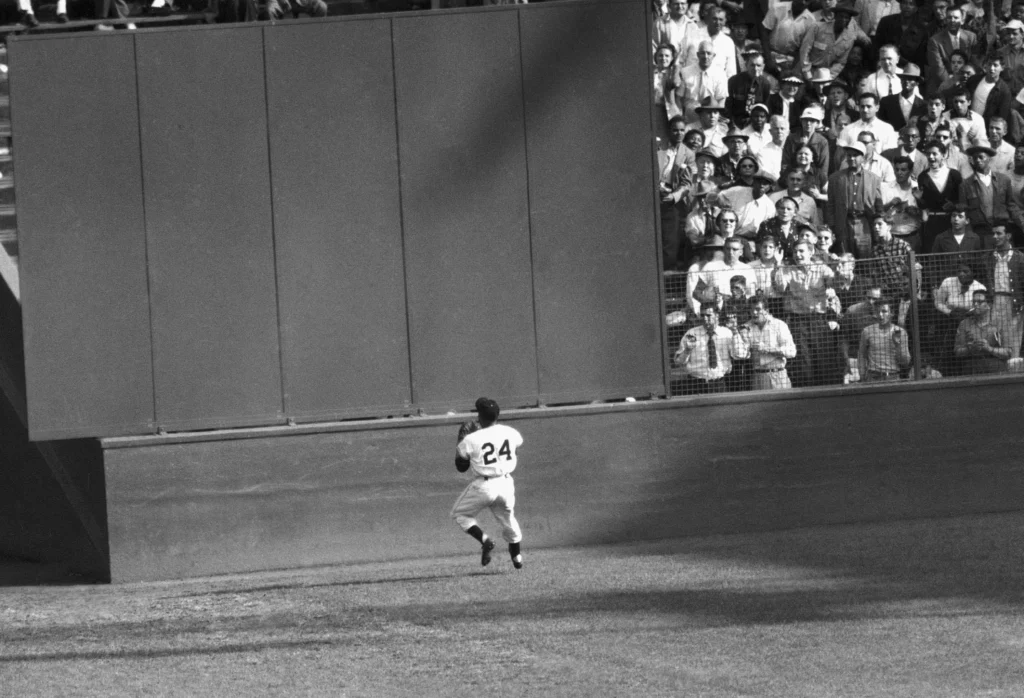
Mays’ death comes just two days before a game between the Giants and St. Louis Cardinals to honour the Negro Leagues at Rickwood Field in Birmingham, Alabama. Major League Baseball Commissioner Rob Manfred praised Mays’ impact on the sport, saying, “Willie Mays took his all-around brilliance from the Birmingham Black Barons of the Negro American League to the historic Giants franchise. From coast to coast, Willie inspired generations of players and fans as the game grew and truly earned its place as our National Pastime.”
Over his 23 major league seasons, primarily with the New York/San Francisco Giants, Mays batted .301, hit 660 home runs, amassed 3,293 hits, scored over 2,000 runs, and won 12 Gold Gloves. He was named Rookie of the Year in 1951, twice won the Most Valuable Player award, and finished in the top 10 for MVP 10 other times. His most celebrated defensive play, known simply as “The Catch,” occurred during the 1954 World Series, showcasing his remarkable athleticism and quick thinking.
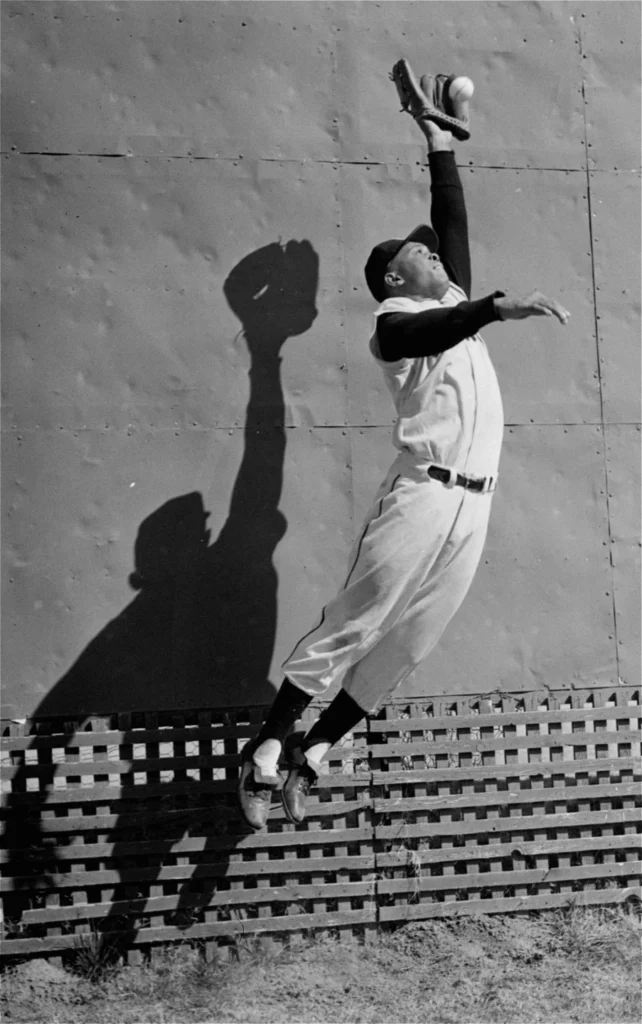
“When I played ball, I tried to make sure everybody enjoyed what I was doing,” Mays told NPR in 2010. His trademark cap flying off while he ran the bases became a beloved part of his on-field persona.
Born in Westfield, Alabama, in 1931, Mays was the son of a Negro League player who nurtured his talent from a young age. By high school, he was playing for the Birmingham Black Barons. The Giants signed him after graduating high school, and he made his major league debut in 1951.
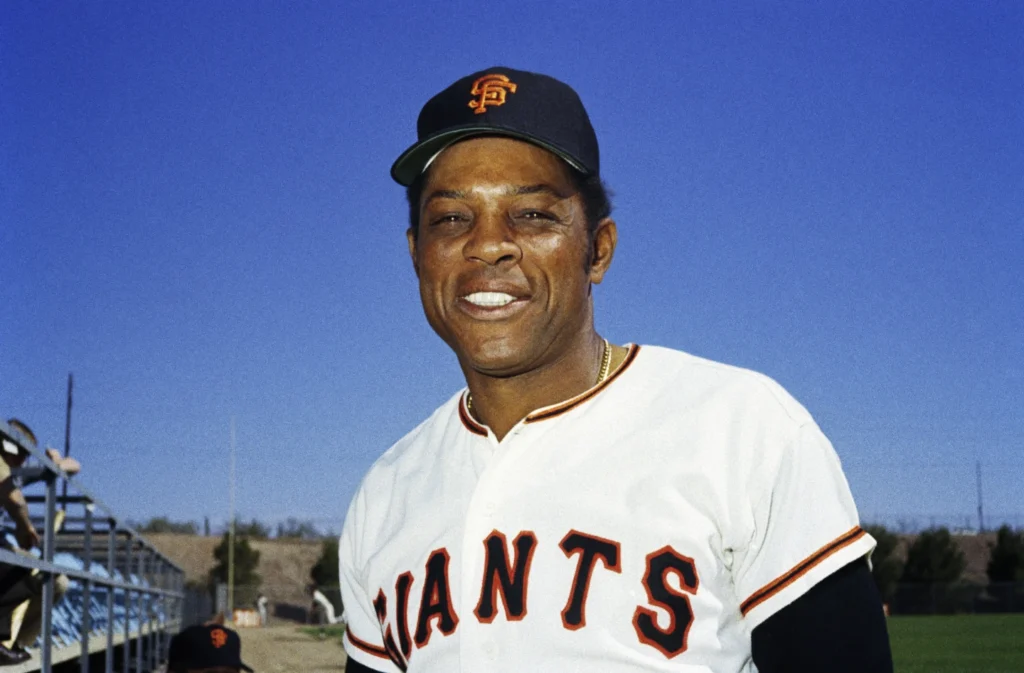
Mays’ career was briefly interrupted by military service, but he returned in 1954 to lead the league with a .345 batting average and 41 home runs. He continued to excel, becoming one of the highest-paid players in the game and setting numerous records.
His influence extended beyond the field, as he became one of the first Black athletes with mass media appeal, guest-starring on popular TV shows and inspiring songs. President Barack Obama awarded Mays the Presidential Medal of Freedom in 2015, further solidifying his status as an American icon.
Throughout his career and life, Mays was known for his sportsmanship and kindness, playing stickball with neighbourhood kids in Manhattan and defusing on-field brawls. His legacy as a baseball legend and cultural icon will be remembered for generations.
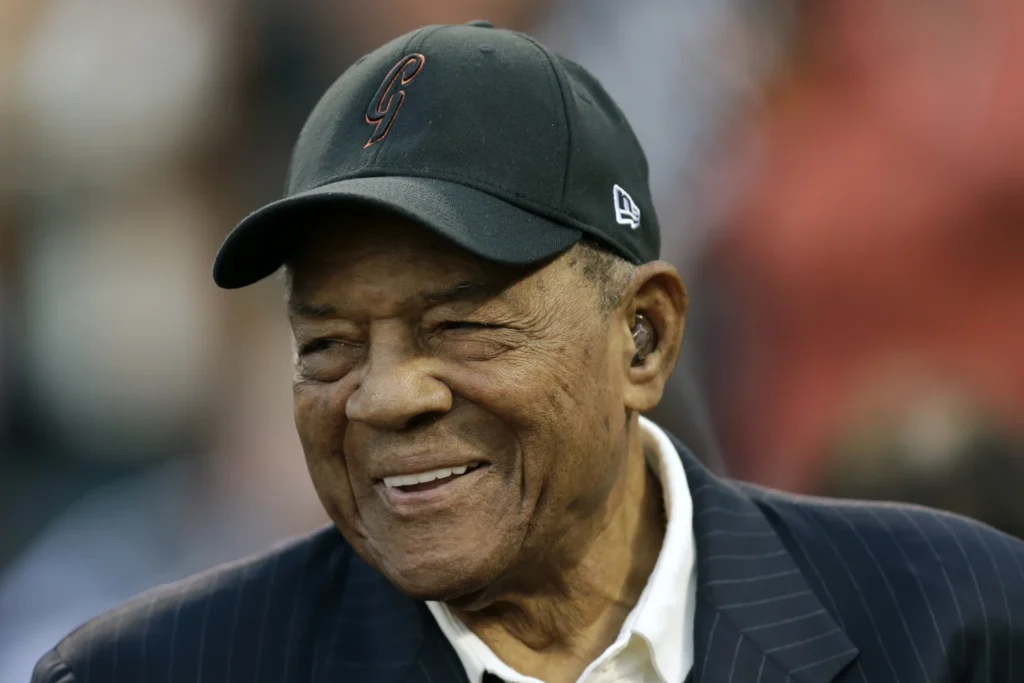
“Willie Mays wasn’t just a singular athlete, blessed with an unmatched combination of grace, skill, and power,” said President Obama on X (formerly Twitter). “He was also a wonderfully warm and generous person — and an inspiration to an entire generation.”
Mays leaves behind a legacy of excellence and joy in baseball, encapsulated in moments like “The Catch” and his enduring spirit on and off the field.
